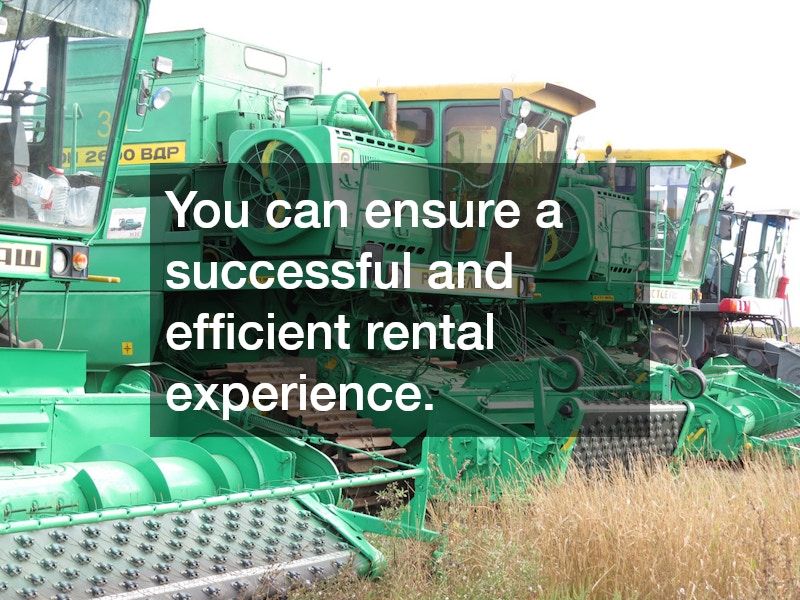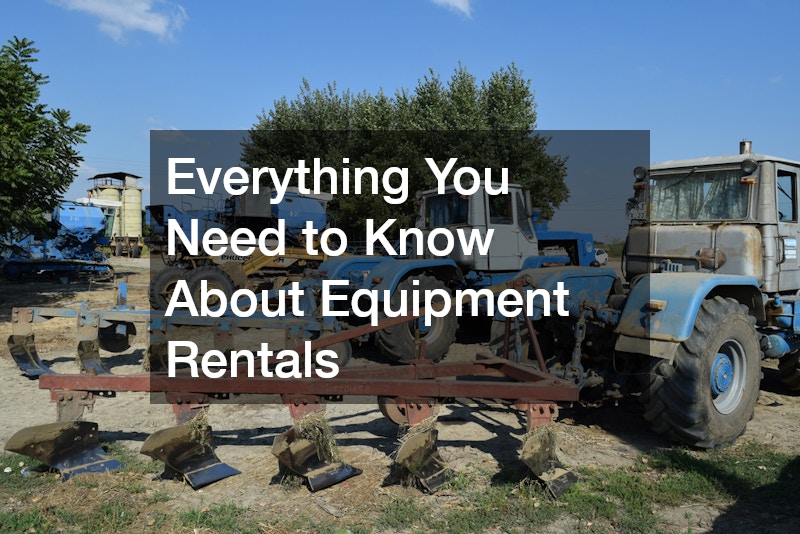This article is designed to provide you with comprehensive insights into the world of equipment rentals. Whether you’re a contractor, a DIY enthusiast, or a business owner, understanding equipment rentals can save you time and money. We will explore the most frequently asked questions to assist you in making informed decisions.
What Are the Benefits of Renting Equipment?
Cost Savings
Renting equipment can significantly decrease upfront costs compared to purchasing, allowing you to invest resources elsewhere. By renting, you avoid the substantial initial investment and the ongoing expenses associated with ownership. This approach can be particularly beneficial for small businesses and projects with limited budgets.
For short-term or one-off projects, purchasing might not be economically viable. Choosing to rent can free up capital, which can be redirected to other critical areas of your project or business. This flexibility can often lead to better cash flow management and financial stability.
Flexibility and Versatility
Rentals provide access to a wide range of equipment for various needs without committing to long-term ownership. This versatility allows individuals and businesses to select the right equipment tailored precisely to their project requirements. Whether you’re transitioning between different project types or scaling operations, renting offers the necessary adaptability.
Construction and DIY projects often require different tools, and owning each one can be impractical and costly. Equipment rentals offer a trial opportunity, letting you experiment with different tools before making an informed purchase decision. This ensures that any future investments align perfectly with your long-term needs.
Maintenance and Storage
Renting eliminates the need for maintenance and storage, as these are typically managed by the rental company. Equipment ownership involves ensuring regular maintenance checks, servicing, and parts replacement, which can be time-consuming and expensive. Renting passes on these responsibilities to the provider, ensuring the equipment is always in optimum condition.
Storage for large equipment can also require significant space and resources. By opting to rent, businesses can save substantial costs associated with secure storage and insurance for owned equipment. This solution not only reduces overheads but also minimizes logistical challenges for users.
In addition, when you rent, you eliminate downtime and the costs incurred when equipment breaks down. Most rental agreements offer support and quick replacements in case of equipment failure, ensuring that your projects remain on schedule. This backup service adds additional peace of mind, knowing that your project progress is protected against unexpected hitches.
How to Choose the Right Equipment Rental Company?
Reputation and Reviews
Investigate the reputation of rental companies and check reviews to ensure quality service and equipment reliability. Reading testimonials from previous clients can provide insights into the company’s customer service and equipment condition. A firm with a positive reputation is more likely to meet or exceed your expectations.
Online review platforms and industry forums can be excellent resources for determining which rental companies are most well-regarded. Additionally, word-of-mouth recommendations from peers or colleagues can cement trust in a provider. Always prioritize companies with a solid track record of professionalism and customer satisfaction.
Availability and Inventory
Ensure the company offers an extensive inventory and the availability of equipment you require when you need it. A diverse stock allows you to access a variety of tools from one location, simplifying logistics and coordination. Consider companies offering both common and specialized equipment to cater to all your project needs.
Before committing to a rental company, inquire about their equipment scheduling and reservation procedures. Companies with streamlined processes are likelier to guarantee equipment availability, preventing project delays. Ensure their inventory includes the latest technology to boost efficiency and productivity on-site.
Rental Terms and Conditions
Understand the rental agreement details, including duration, pricing, and any additional fees or deposits required. Different companies may offer varying rental terms, so compare to find what best aligns with your project timeline and budget. Ensure that all costs are transparent to avoid unexpected expenses.
Clear agreement terms can prevent misunderstandings related to equipment delivery, pick-up, and return procedures. Familiarize yourself with any insurance options or damage liabilities the company provides. This understanding ensures you are financially protected during the rental period.
Equipment rentals offer numerous advantages, including cost-effectiveness, flexibility, and convenience. By carefully selecting a reputable rental company, you can ensure a successful and efficient rental experience that aligns with your project needs. Remember to evaluate your options and understand your rental agreement thoroughly to make the most of equipment rentals.
.







